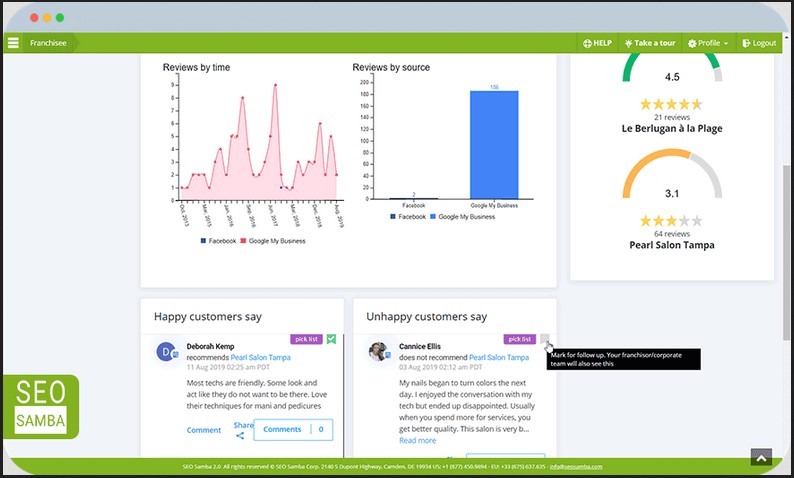Mobile apps have become an essential part of modern business operations. They provide businesses with the ability to streamline processes, increase efficiency, and improve customer service. With the right mobile apps, businesses can maximize their efficiency and productivity. In this article, we will discuss some of the must-have mobile apps for businesses looking to maximize their efficiency. We will cover the features and benefits of each app, as well as how they can help businesses reach their goals. By the end of this article, you will have a better understanding of how mobile apps can help your business become more efficient and productive.
How Mobile Apps Can Help Streamline Business Processes and Maximize Efficiency
Mobile apps have become an integral part of modern business operations. They can help streamline business processes and maximize efficiency in a variety of ways.
First, mobile apps can help automate manual processes. By automating mundane tasks, businesses can save time and money. For example, a mobile app can be used to track inventory, manage customer orders, and process payments. This eliminates the need for manual data entry and reduces the amount of time spent on administrative tasks.
Second, mobile apps can help improve communication between employees and customers. By providing customers with access to their accounts, businesses can quickly respond to inquiries and provide timely updates. This helps to build customer loyalty and trust.
Third, mobile apps can help businesses track and analyze data. By collecting data from various sources, businesses can gain valuable insights into customer behavior and preferences. This can help them make better decisions and optimize their operations.
Finally, mobile apps can help businesses stay organized. By providing employees with access to their tasks and schedules, businesses can ensure that tasks are completed on time and that deadlines are met.
In conclusion, mobile apps can help streamline business processes and maximize efficiency. By automating manual processes, improving communication, tracking data, and staying organized, businesses can save time and money while providing better customer service.
The Benefits of Investing in Mobile Apps to Increase Business Efficiency and Productivity
The use of mobile apps to increase business efficiency and productivity is becoming increasingly popular among businesses of all sizes. Mobile apps provide businesses with a range of benefits, from improved customer service to increased employee productivity. By investing in mobile apps, businesses can gain a competitive edge and maximize their profits.
One of the primary benefits of investing in mobile apps is improved customer service. Mobile apps allow businesses to provide customers with a more convenient and efficient way to access their services. Customers can access information quickly and easily, and they can also make purchases and book appointments with ease. This improved customer service can lead to increased customer satisfaction and loyalty, which can result in increased sales and profits.
Another benefit of investing in mobile apps is increased employee productivity. Mobile apps can help employees stay organized and on task, as they can access information quickly and easily. This can help employees stay focused on their tasks and complete them more efficiently. Additionally, mobile apps can help employees stay connected with each other, which can lead to improved collaboration and communication.
Finally, investing in mobile apps can help businesses save money. Mobile apps can help businesses reduce costs associated with traditional methods of communication, such as printing and mailing. Additionally, mobile apps can help businesses reduce costs associated with customer service, as customers can access information quickly and easily. This can lead to increased profits and improved customer satisfaction.
In conclusion, investing in mobile apps can provide businesses with a range of benefits, from improved customer service to increased employee productivity. By investing in mobile apps, businesses can gain a competitive edge and maximize their profits.
Conclusion
In conclusion, mobile apps are an essential tool for businesses to maximize efficiency. They provide a convenient way to access data, streamline processes, and improve communication. With the right mobile app, businesses can save time, money, and resources while increasing productivity and customer satisfaction. Mobile apps are a must-have for any business looking to maximize efficiency and stay competitive in today’s market.
